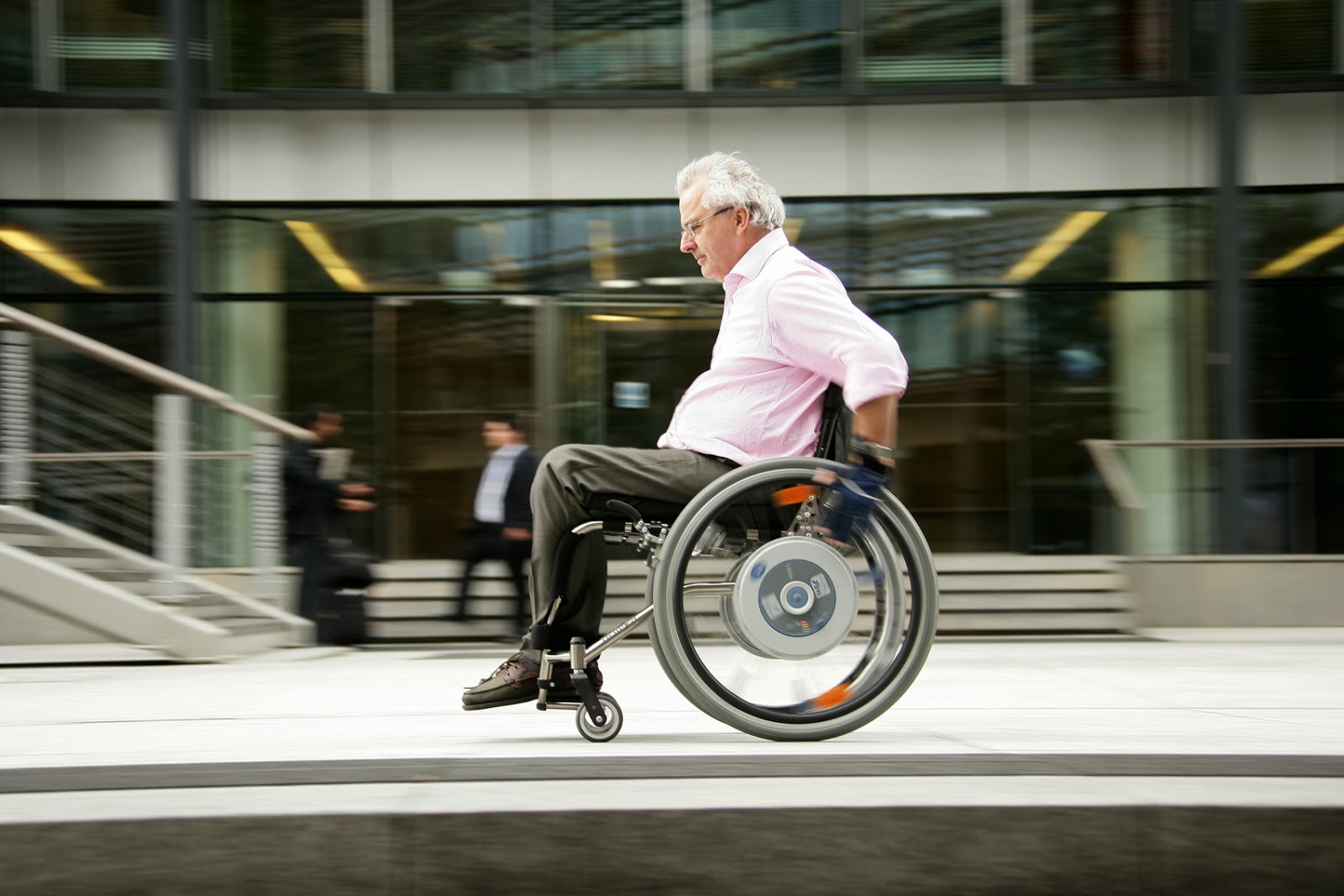Last week, Aspire met Kate Green MP, the Shadow Minister for
Disabled People, to talk about the work of the Charity and also raise our
concerns about the rollout of Personal Independence Payment (PIP) Benefit. PIP
is the new benefit that is due to replace Disability Living Allowance (DLA).
Kate only recently became the Shadow Minister towards the
end of 2013 and this was the first time that we had an opportunity to directly
speak to the Shadow Minister. Kate has an impressive background in the charity
sector. Before she became a Member of Parliament, she was the Chief Executive
of the Child Poverty Action Group.
She showed particular interest in Aspire’s Housing Programme
and how we worked with NHS Spinal Cord Injury Centres to offer temporary
housing to newly injured patients who had no access to accessible housing after
being paralysed. The fact that 20% of people with SCI are discharged to nursinghomes is a shocking statistic and Kate thought so too.
Kate was happy to work with Aspire to raise the issues that
were affecting people with Spinal Cord Injuries. We raised our concerns about
the new Personal Independence Payment benefit as people have already started
coming to Aspire because of delays throughout the whole system. Kate will be
raising these issues in Parliament when the opportunity arises.
Aspire will continue working to influence all political parties
on behalf of the 40,000 people with SCI in the UK and ensure that that their
experiences and views are represented in the process. This is a crucial time to
be speaking to Parties who are beginning to shape their offering to the
electorate in the lead up to the 2015 General Elections.

